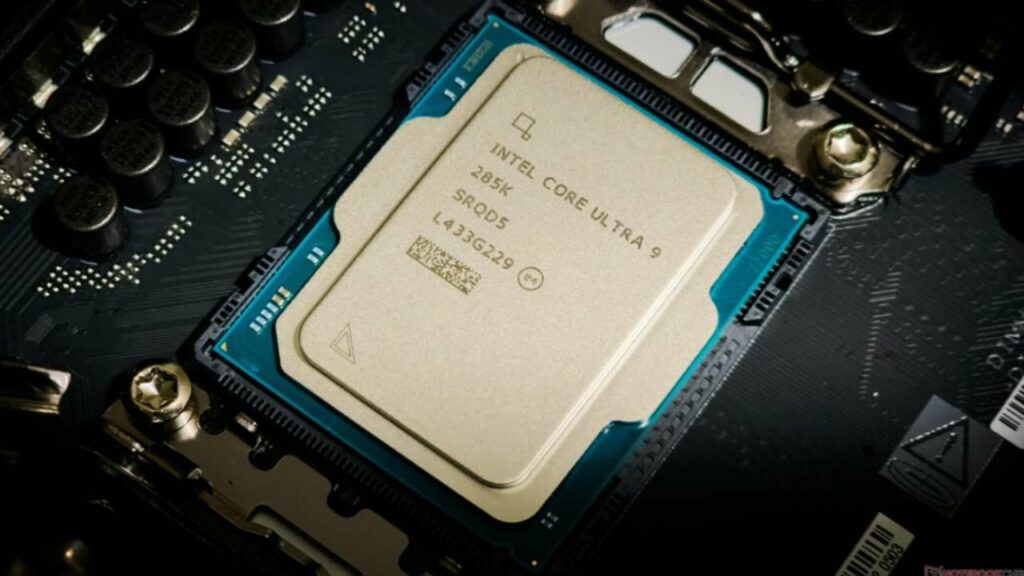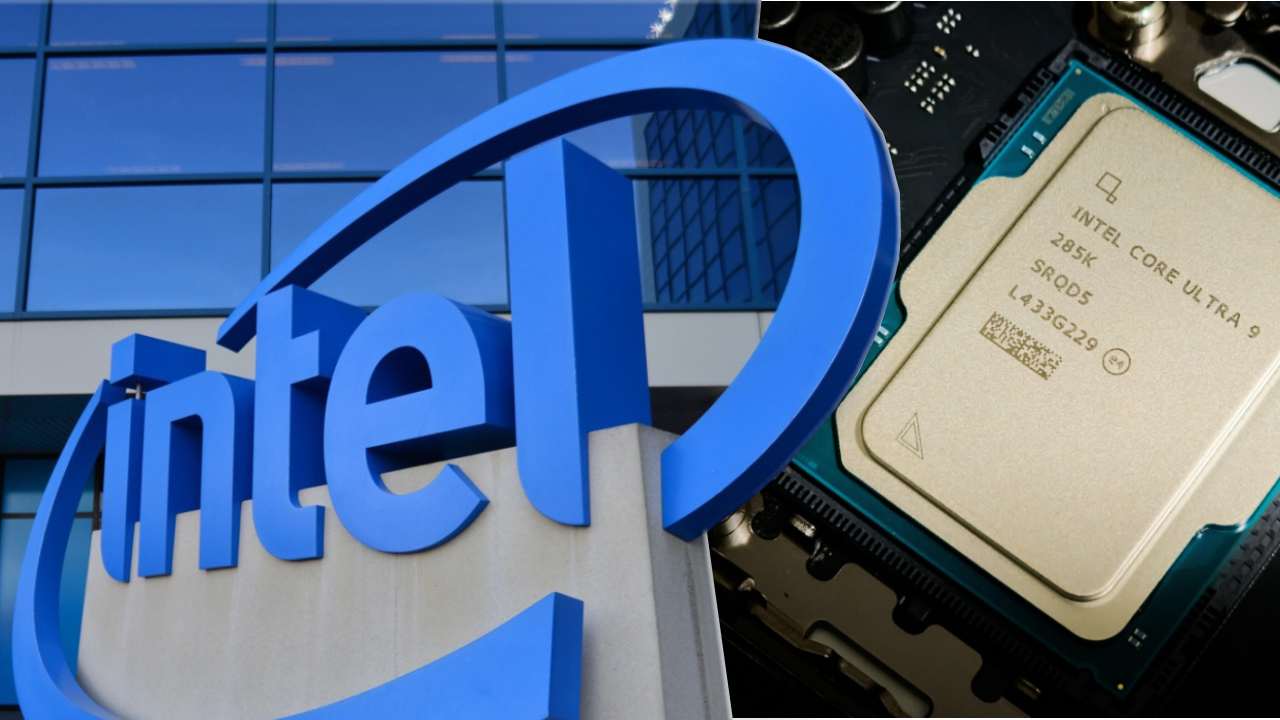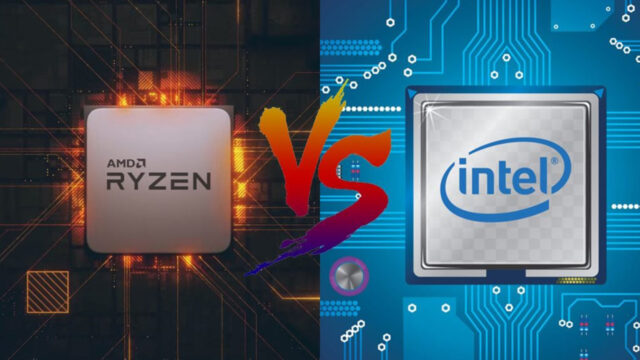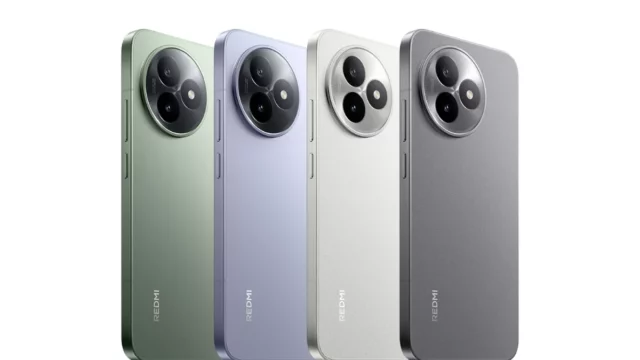Intel could not keep up with the changing processor market with artificial intelligence breakthroughs. The recent growth of Nvidia in artificial intelligence and AMD in both the PC and portable handheld console and console market has negatively affected Intel. However, the biggest problem is on the Intel Arrow Lake processors. In this sense, the company officially acknowledged the problems for the first time and promised to fix them.
Intel started looking for solutions for Arrow Lake processor problems
Intel, which has been losing momentum recently, especially in the last quarter reports, is preparing for a huge wave of layoffs. However, one of the company’s biggest problems is the Arrow Lake processor issues. In particular, Intel is concerned about the processor’s memory latencies, which are as high as 180 ns.
Intel vice president and general manager Robert Hallock made important statements on the subject in a podcast program. Accordingly, Intel is aware of the problems that arise for Arrow Lake processors. In this sense, Hallock said that the problems are concentrated on the operating system and BIOS side.

Although Hallock did not elaborate on the issue, it is clear that Intel is focusing on a software issue, not a hardware one. Previously, a similar software issue occurred with Raptor Lake processors. Although Intel realized the problem late at that time, it managed to close the problem with a software patch.
In this sense, Intel Arrow Lake processor problems may end soon. In his statement, Hallock promised to eliminate the problem by November 30. However, Intel’s official statement and detailed reports on the subject will appear in early December.
Although Intel Arrow Lake problems are alarming users, sales are going well for the moment. On the other hand, it remains to be seen whether users will stop experiencing blue screen issues, stuttering in games and not connecting to online games.
So far, there has been no official statement from Intel other than Robert Hallock. However, early indications are that Intel believes the problem is not hardware related. However, Intel’s lack of detailed explanation about the problem is also worrying.
Do you think Intel could start to lose its place at the top of the processor world after the Arrow Lake processor problems? We look forward to your comments and opinions.














